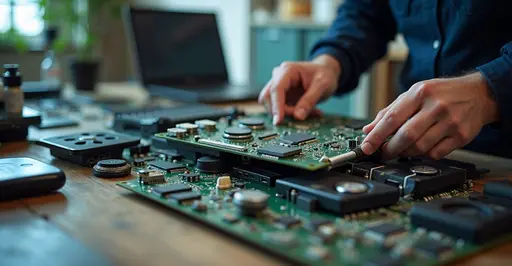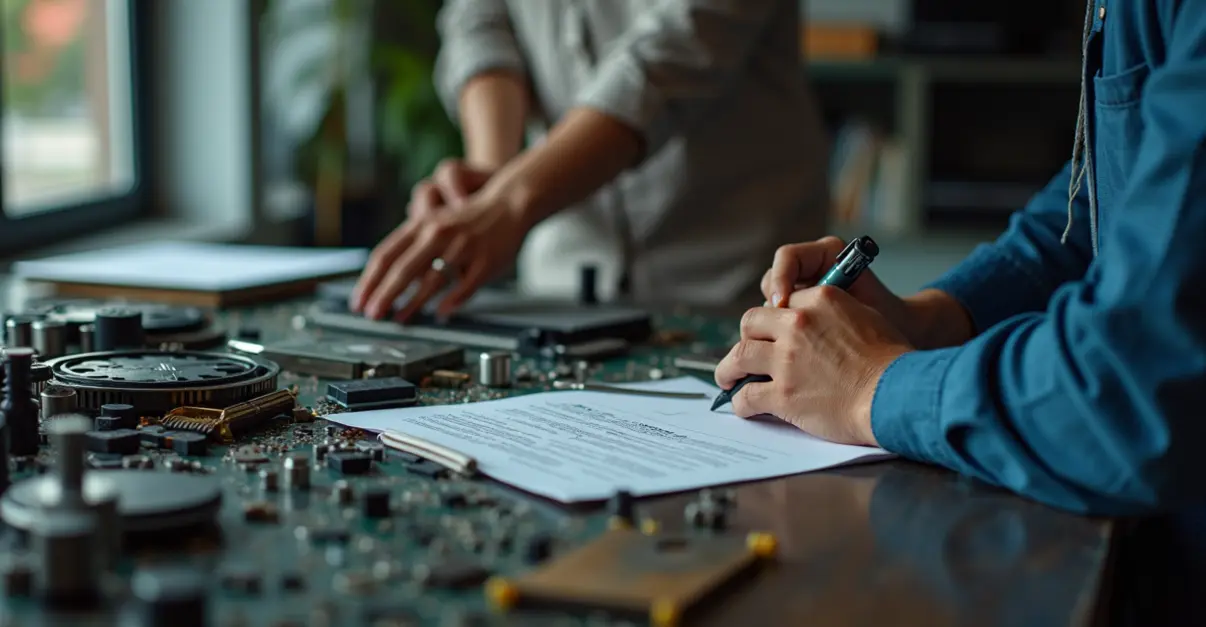Right to repair laws gain unprecedented momentum in 2025 with 24 states considering legislation and five already enacting consumer electronics repair laws. Major tech companies now support the movement, while FTC enforcement protects warranty rights.

Right to Repair Movement Gains Unprecedented Momentum in 2025
The right to repair movement has reached a critical tipping point in 2025, with legislative developments sweeping across the United States and reshaping the consumer electronics landscape. What began as a niche advocacy effort has transformed into a nationwide movement that now touches all 50 states, with 24 states currently considering active right to repair bills and approximately 50 pieces of legislation filed or carried over this year alone.
State-Level Breakthroughs and Key Provisions
Five states have already enacted comprehensive consumer electronics right to repair laws: California, Colorado, Minnesota, New York, and Oregon. These landmark regulations require manufacturers to provide consumers and independent repair shops with access to parts, tools, and documentation needed for repairs. 'We're seeing a fundamental shift in how manufacturers approach product design and consumer rights,' says repair advocate Maria Rodriguez. 'The days of proprietary screws and glued-in batteries are numbered.'
Oregon and Colorado have taken the additional step of banning "parts pairing" - software that prevents devices from functioning with non-OEM components. This practice has been particularly controversial in the smartphone industry, where manufacturers like Apple have used digital locks to ensure only authorized parts work in their devices.
Interoperability and Warranty Protection
The Federal Trade Commission has intensified its enforcement of consumer protection laws, issuing warning letters to eight companies in 2024 regarding warranty practices that violate the Magnuson-Moss Warranty Act. The FTC specifically targeted companies using "warranty void if removed" stickers and those requiring consumers to use specific parts or service providers to maintain coverage.
'Manufacturers can no longer use warranty threats to control the repair market,' explains consumer rights attorney David Chen. 'The FTC has made it clear that companies must prove independent repair caused the specific problem they're denying coverage for - they can't simply void warranties because someone opened their device.'
Industry Support and Corporate Evolution
Perhaps the most significant development has been the evolution of major technology companies from opponents to proponents of right to repair legislation. Google, Microsoft, and Apple have all supported various state-level bills, marking a dramatic shift from their previous positions. Microsoft's partnership with iFixit to provide genuine Xbox parts represents a particularly notable breakthrough for typically exempted game consoles.
'When major manufacturers start supporting repair rights, you know the movement has reached critical mass,' notes industry analyst Sarah Johnson. 'Companies are recognizing that repair-friendly products can be good for business and the environment.'
Environmental and Economic Impacts
The right to repair movement addresses critical environmental concerns, particularly the growing problem of electronic waste. Broken and used electronics have become the fastest-growing waste stream globally, with more than half of Western households reportedly storing unused or broken devices due to repair barriers.
Research shows independent repair shops achieve higher success rates (94% vs 91%) and faster turnaround times (1-2 days vs 5-14 days) compared to authorized service centers. This efficiency translates to significant consumer savings and reduced environmental impact through extended product lifespans.
Future Outlook and Federal Action
Looking ahead, advocates expect continued momentum with several key developments on the horizon. New Mexico's SB 69 would ban parts pairing for devices sold after 2026, while Washington's HB 1483 would prohibit the practice for devices sold after 2025. New York's AB 3058 would require repair scores at point of sale, giving consumers clear information about product repairability before purchase.
At the federal level, Congress has reintroduced the bipartisan REPAIR Act, which would ensure independent repair shops and consumers have access to diagnostic data, tools, and software needed for vehicle maintenance. While focused on automobiles, this legislation reflects growing congressional interest in repair rights across multiple sectors.
'Each state that passes right to repair legislation makes it easier for others to follow,' observes policy expert Michael Thompson. 'We're building a regulatory patchwork that will eventually force national standards.'
The movement's success demonstrates how consumer advocacy can drive meaningful policy change, creating a more sustainable and equitable electronics ecosystem for all users.

 Nederlands
Nederlands
 English
English
 Deutsch
Deutsch
 Français
Français
 Español
Español
 Português
Português









